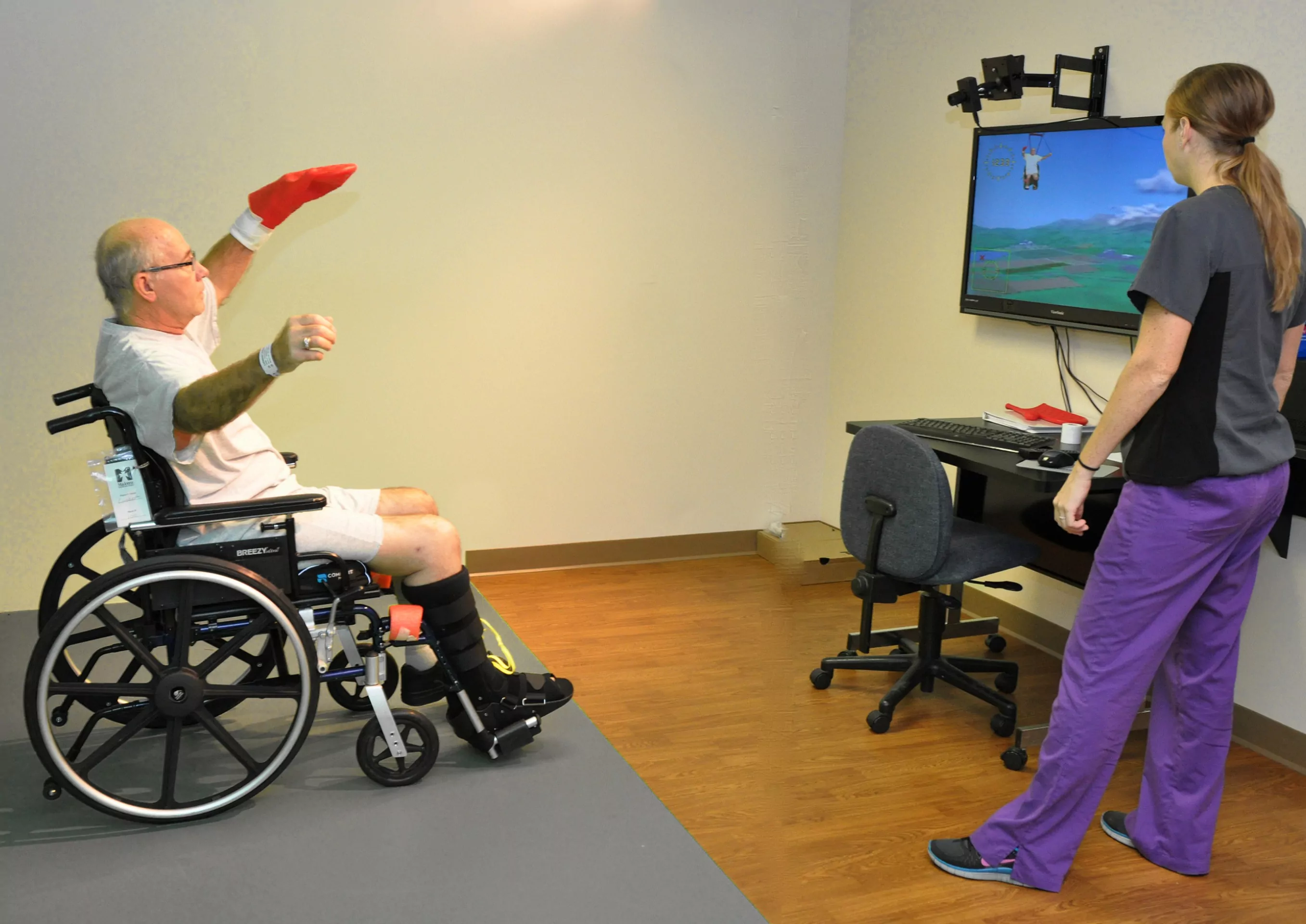



Medical VR Applications & Healthcare Simulation Development
Healthcare Immersive Design & Patient Experience Professional Framework
Design transformative healthcare immersive experiences through this comprehensive framework developed by healthcare UX experts, patient experience designers, and medical technology specialists. Learn to create patient-centered immersive solutions that improve health outcomes, reduce anxiety, and enhance the overall healthcare experience.
Patient-Centered Design:
- Healthcare UX Principles: Medical user experience, patient journey mapping, and healthcare-specific design patterns
- Accessibility in Healthcare: Disability considerations, age-related design, and inclusive healthcare technology
- Cultural Sensitivity: Multi-cultural healthcare, language considerations, and culturally appropriate design
- Emotional Well-being Design: Anxiety reduction, comfort optimization, and psychological safety
Therapeutic Experience Design:
- Pain Management VR: Distraction therapy, relaxation techniques, and non-pharmacological pain relief
- Mental Health Applications: Anxiety treatment, PTSD therapy, and mindfulness training
- Rehabilitation Gaming: Physical therapy gamification, motivation systems, and progress tracking
- Pediatric Healthcare: Child-friendly interfaces, educational content, and family-centered design
Clinical Environment Integration:
- Hospital Environment Design: Clinical workflow integration, sterile environment considerations, and space constraints
- Medical Staff Experience: Clinician interfaces, efficiency optimization, and workflow enhancement
- Patient Safety Design: Error prevention, safety alerts, and risk mitigation through design
- Family & Caregiver Integration: Support system inclusion, communication tools, and shared experiences
Evidence-Based Design:
- Clinical Research Integration: Research-based design decisions, evidence synthesis, and outcome measurement
- User Testing in Healthcare: Patient testing protocols, clinical validation, and iterative improvement
- Outcome Measurement: Health outcome tracking, patient satisfaction, and clinical effectiveness
- Regulatory Considerations: Design for compliance, documentation requirements, and approval processes
Healthcare Immersive Designer Impact:
Healthcare UX designers earn $80,000-$180,000+ annually, with specialized medical designers earning $110,000-$250,000+. Patient-centered immersive design shows 50% improvement in patient satisfaction and 30% reduction in treatment anxiety. This framework prepares designers to create healing-focused technology solutions.